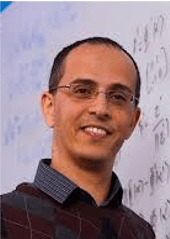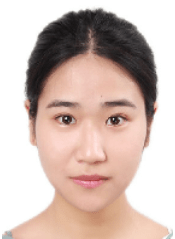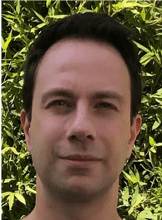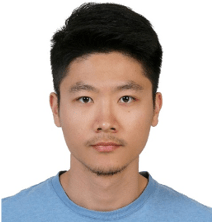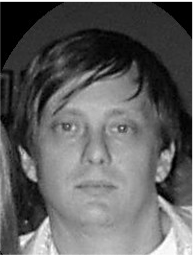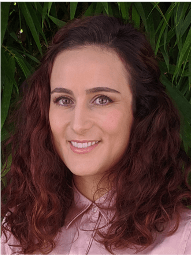Current Members
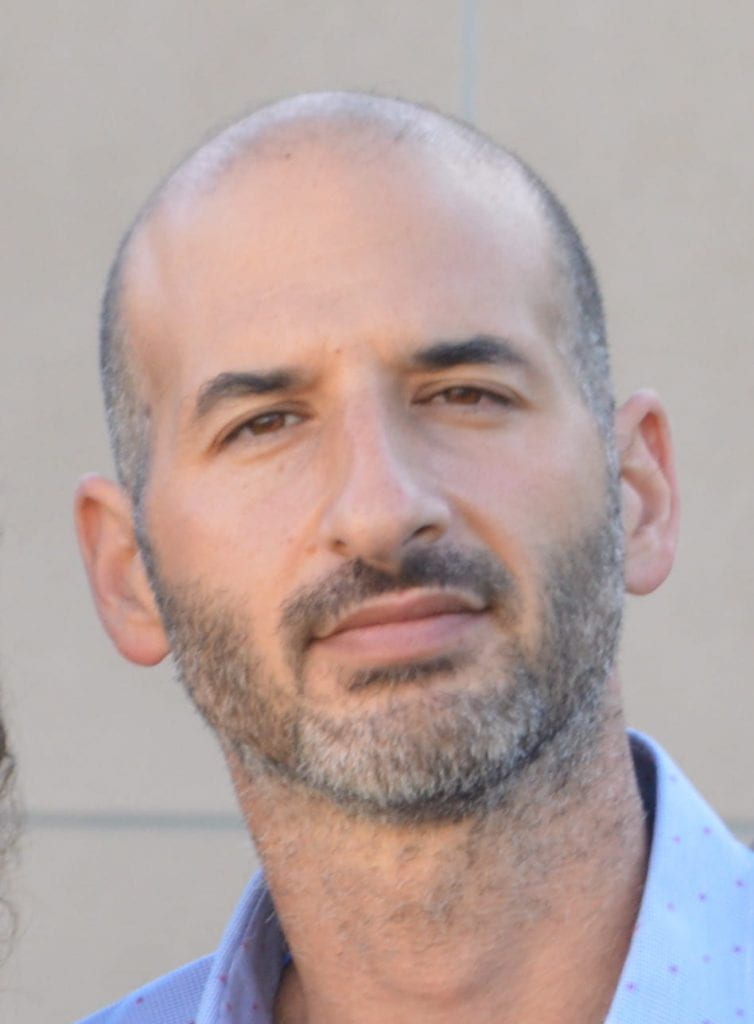
 itayhen@isi.edu
itayhen@isi.edu  +1(310)448-9429
+1(310)448-9429 Google Scholar
Google Scholar
Itay Hen
Research Team Leader
PhD Physics, Tel-Aviv University, 2009
Research Team Leader, Information Sciences Institute
Supervising Computer Scientist, Information Sciences Institute
Research Associate Professor, Department of Physics and Astronomy
Personal Web: https://sites.usc.edu/itayhen/
My research interests cover two main areas: Quantum Computing and Computational Physics. In the quantum computing arena my research revolves around developing gate-based quantum simulation algorithms and studying the power as well as limitations of analog quantum computers (quantum annealers). My interests in computational physics are devising practical methods for studying the equilibrium (and to a certain extent also non-equilibrium) properties of strongly correlated quantum many-body systems.
Recent Publications
- “A quantum Monte Carlo algorithm for arbitrary spin-1/2 Hamiltonians” by by L. Barash, Arman Babakhani and Itay Hen, arXiv:2307.06503 (2023).
- “3-Regular 3-XORSAT Planted Solutions Benchmark of Classical and Quantum Heuristic Optimizers”, by M. Kowalsky, T. Albash, I. Hen and D. A. Lidar, Quantum Sci. Technol. 7 025008 (2022).
- “Calculating elements of matrix functions using divided differences” by L. Barash, S. Güttel and I. Hen, Computer Physics Communications 271, 108219 (2022).
- “A quantum algorithm for time-dependent Hamiltonian simulation by permutation expansion” by Y.-H. Chen, A. Kalev, and I. Hen, PRX Quantum 2, 030342 (2021).
- “An integral-free representation of the Dyson series using divided differences” by A. Kalev and I. Hen, New J. Phys. 23, 103035 (2021).
- “Determining quantum Monte Carlo simulability with geometric phases” by I. Hen, Physical Review Research 3, 023080 (2021).
- “Quantum Algorithm for Simulating Hamiltonian Dynamics with an Off-diagonal Series Expansion” by A. Kalev and I. Hen, Quantum 5, 426 (2021).
- “Permutation Matrix Representation Quantum Monte Carlo” by L. Gupta, T. Albash and I. Hen. arXiv:1908.03740 (2019).
- “Temperature scaling law for quantum annealing optimizers” by T. Albash, V. Martin-Mayor and I. Hen. Phys. Rev. Lett. 119, 110502 (2017).
- “On the Computational Complexity of Curing the Sign Problem” by M. Marvian, D. A. Lidar and I. Hen, Nature Communications, 1571 (2019).
- “Analog Errors in Ising Machines’’ by T. Albash, V. Martin-Mayor and I. Hen. Quantum Science & Technology 4, 02LT03 (2019). arXiv:1806.03744.
Find out more about my recent talks
Amir Kalev
Research Lead
PhD Physics, Technion – Israel Institute of Technology, 2008
Computer Scientist, Information Sciences Institute
I am a quantum physicist with interest in problems across multidisciplinary topics in the fields of quantum computation and quantum information. Particularly, I have been working on quantum protocols for simulating and studying quantum many-body systems, quantum protocols for solving optimization programs, quantum system identification characterization and verification, quantum signal processing, quantum compressed sensing, and quantum measurement theory.
Recent Publications
- Quantum tomography protocols with positivity are compressed sensing protocols, A Kalev, RL Kosut, IH Deutsch, NPJ Quantum Information 1 (1), 1-6 63, 2015.
- Quantum process tomography of unitary and near-unitary maps, CH Baldwin, A Kalev, IH Deutsch, Physical Review A 90 (1), 012110 49, 2014.
- Exponential quantum speed-ups for semidefinite programming with applications to quantum learning, FGSL Brandão, A Kalev, T Li, CYY Lin, KM Svore, X Wu, ICALP, 2019.
PhD Physics, Landau Institute for Theoretical Physics, 2009
Senior Research Associate, Information Sciences Institute.
Lev Barash is a computational physicist with interests ranging from condensed matter theory and quantum computing to colloids and heat and mass transfer. His primary focus is cutting-edge numerical simulation and developing and applying state-of-the-art advanced algorithms.
Recent Publications
- “A quantum Monte Carlo algorithm for arbitrary spin-1/2 Hamiltonians” by by L. Barash, Arman Babakhani and Itay Hen, arXiv:2307.06503 (2023).
- “Calculating elements of matrix functions using divided differences” by L. Barash, S. Güttel and I. Hen, Computer Physics Communications 271, 108219 (2022).
Nicholas Ezzell joined Itay’s group in Spring 2020 as a Physics Ph.D. student at USC. Nic has a bachelor’s degree in Physics and Mathematics from Mississippi State University. He is also a Department of Energy Computational Science Graduate Fellowship recipient. His research interests include: quantum information theory, quantum computing, simulations on high performance computers, and statistics.
We are developing a package to probe the properties of quantum Hamiltonians called Flexible ansatz quantum Monte Carlo (FaQMC). Our goal is to use FaQMC to compute the ground-state of Hamiltonians that are intractable for the current state of the art simulators–such as 3D Ising models. The main novelty of FaQMC is the way it stores states. By design, a state which is simple to write down is also easy to store–that is, it only takes a polynomial number of coefficients to store. Furthermore, to each state we can assign a sensible memory cost, so FaQMC allows us to optimize the ground-state of a Hamiltonian both as a function of the energy and the memory cost of a state. In the end, FaQMC finds the lowest energy state of a Hamiltonian subject to the memory constraints relevant to the device being run on–hence the name flexible ansatz.

Arman Babakhani
PhD student
Joseph Blazer
PhD student
Former Members

